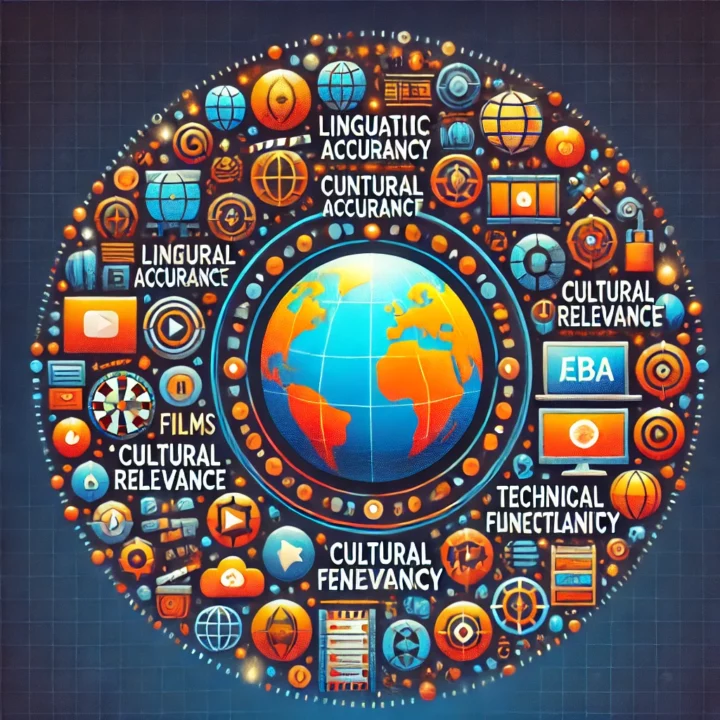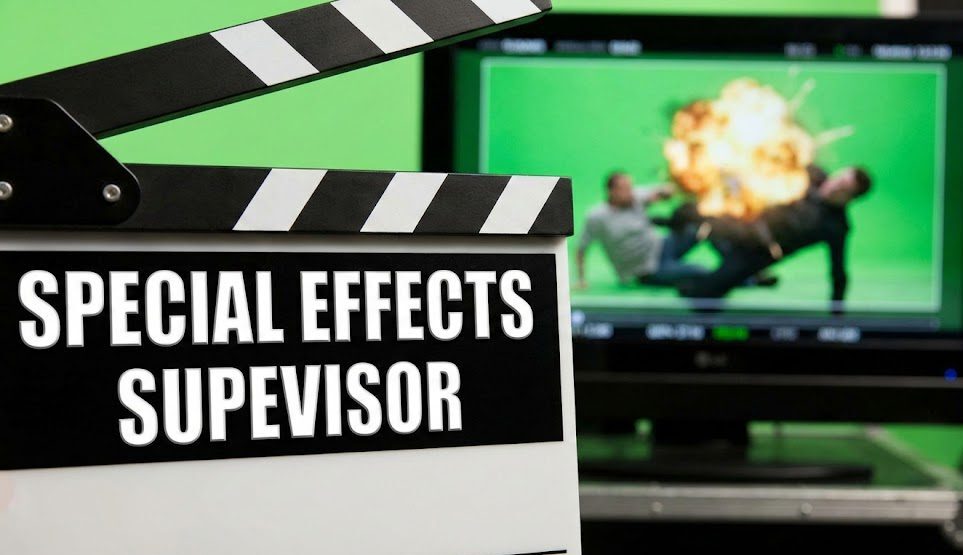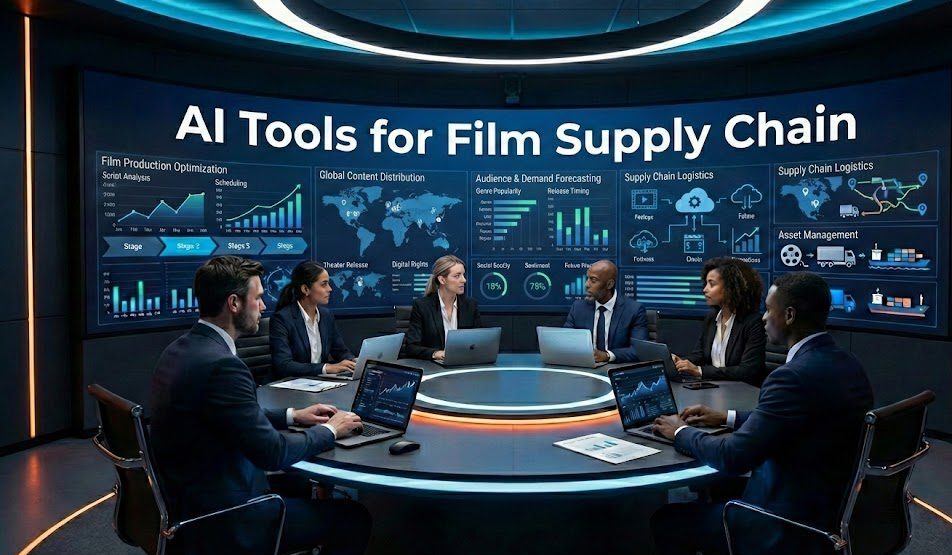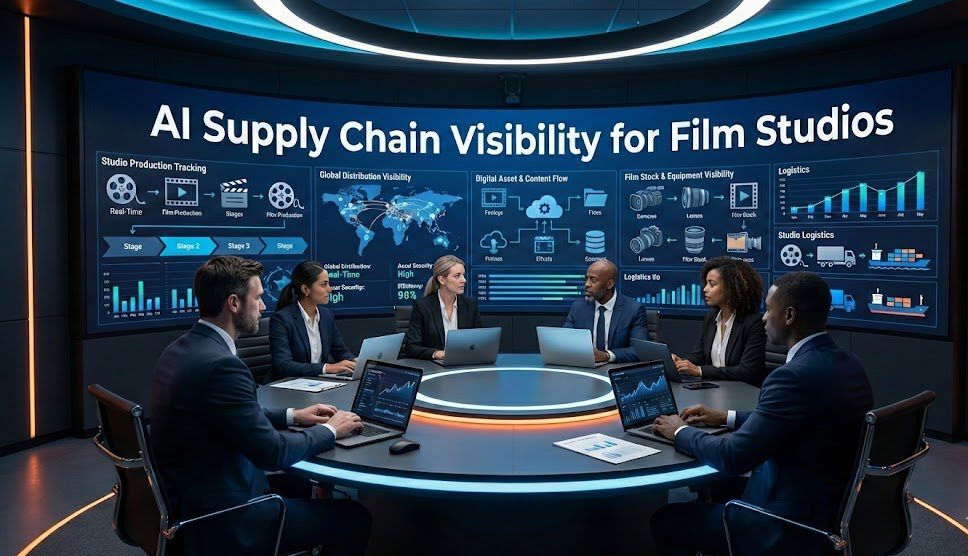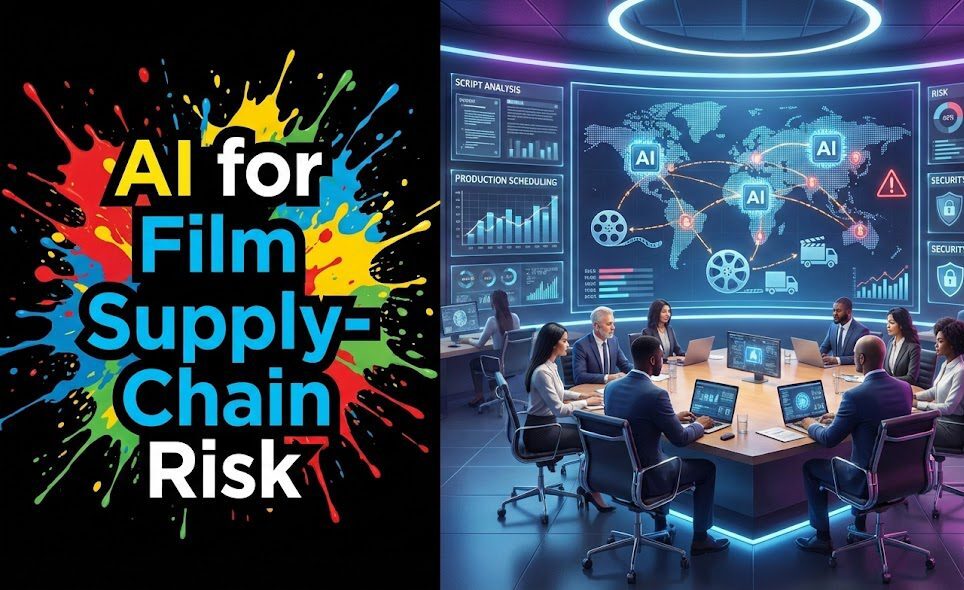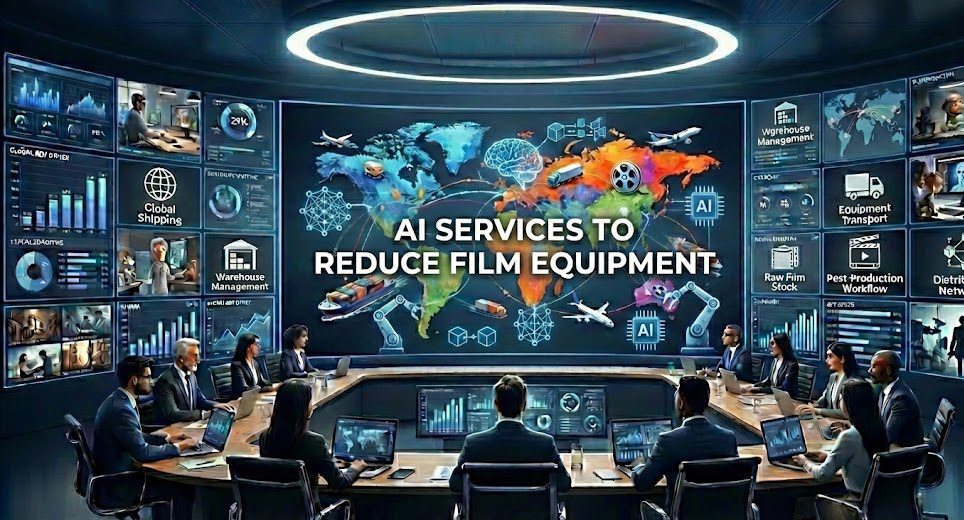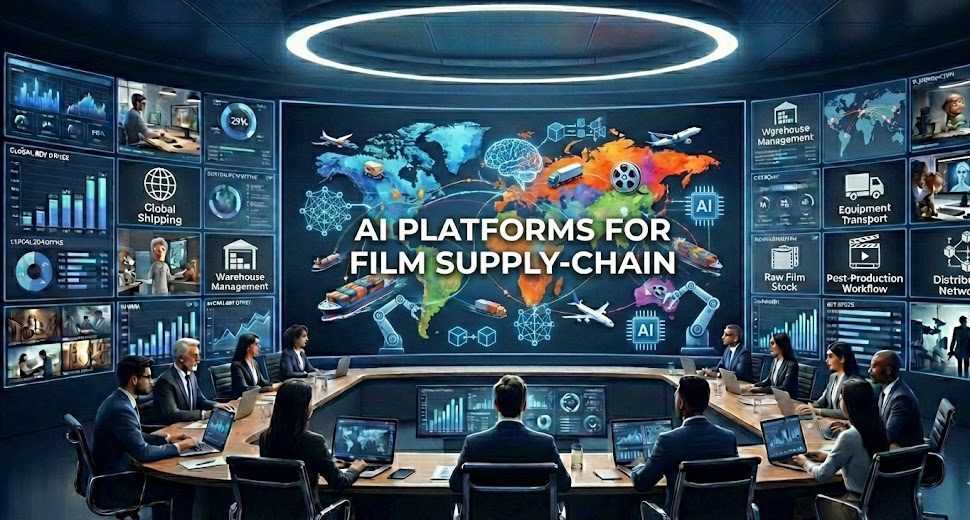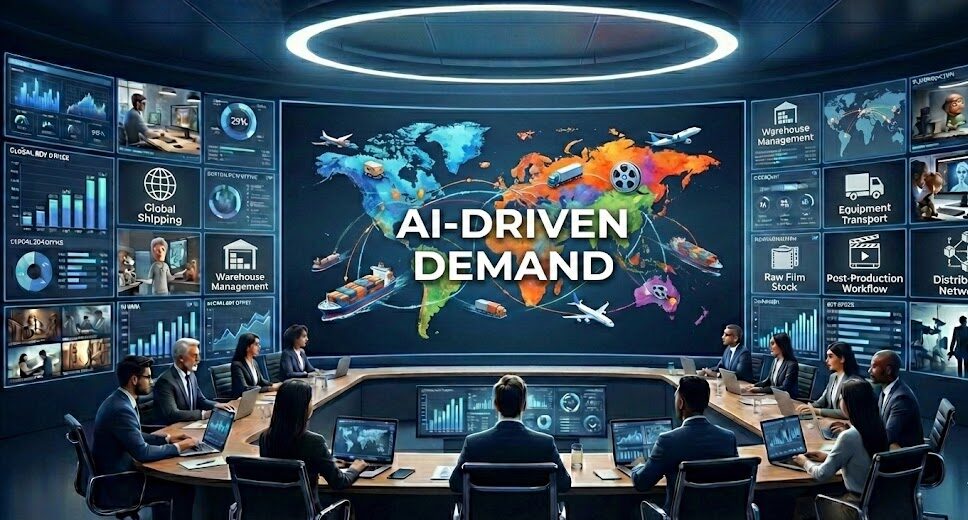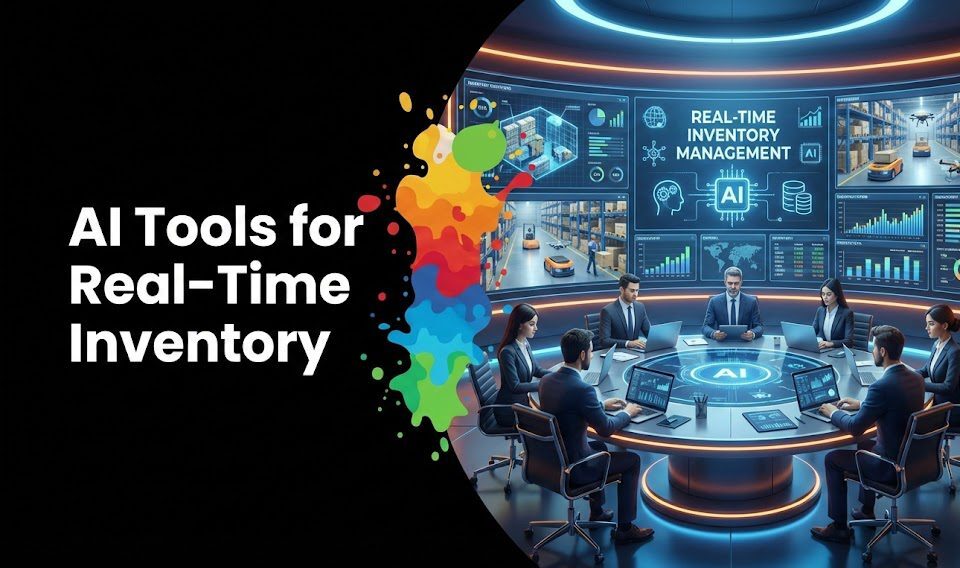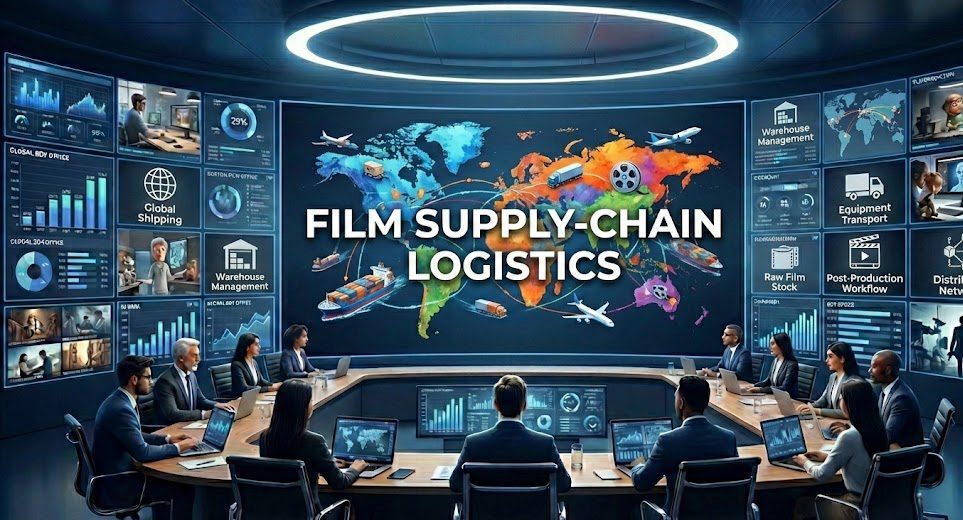Introduction
In today’s globalized entertainment landscape, localization quality assurance (LQA) is crucial for ensuring content resonates with diverse audiences. From films and TV shows to video games, the quality of translations, cultural adaptations, and technical functionality directly impacts audience engagement and brand reputation.
This article explores the components of LQA, challenges faced by entertainment professionals, tools revolutionizing the process, and how Vitrina.ai empowers teams with cutting-edge insights and solutions. Whether you’re a content buyer, localization vendor, or independent studio, this guide will equip you with actionable knowledge to refine your localization workflows.
Key Takeaways
| Topic | Key Insight |
| Importance of LQA | Aligns content with global standards to ensure quality and consistency. |
| Tools for LQA | AI-powered solutions like Dubformer enhance speed and accuracy. |
| Vitrina.ai’s Contribution | Provides market insights, fosters collaborations, and simplifies workflows for localization teams. |
| Future Trends | The rise of hybrid AI-manual processes and real-time localization tools. |
Table of content
- Introduction to Localization Quality Assurance
- Key Components of Localization Quality Assurance
- Global Translation Standards and Localization Practices
- Challenges in Localization Quality Assurance
- Innovative Tools for LQA
- How Vitrina.ai Transforms Localization Quality Assurance
- Future Trends in Localization Quality Assurance
- Key-Takeaways
- FAQs
Optimize Your Localization Process!

1. Introduction to Localization Quality Assurance
Localization Quality Assurance (LQA) is the process of ensuring that translated content meets linguistic, cultural, and technical standards for the target market. Unlike traditional quality control, LQA focuses on creating a seamless experience that aligns with the preferences and expectations of global audiences.
Why is LQA Important in Entertainment?
In entertainment, poorly localized content can alienate viewers and damage a brand’s reputation. Effective LQA ensures that films, TV shows, and video games deliver consistent and culturally relevant experiences, enhancing user satisfaction and loyalty.
2. Key Components of Localization Quality Assurance
- Linguistic Accuracy: Translations must be error-free and contextually correct.
- Cultural Relevance: Adapting humor, idioms, and visuals to align with local customs.
- Technical Functionality: Ensuring content operates seamlessly across platforms and formats.
Pro Tip: Companies like Netflix use robust LQA processes to deliver error-free subtitles and dubs, maintaining global consistency.
Expand Your Global Reach!

3. Global Translation Standards and Localization Practices
- Consistency Across Borders: Implementing global translation standards ensures uniformity in localization workflows.
- Challenges in Standardization: Balancing global frameworks with the need for local adaptations requires expertise and precision.
- Key Practices: Collaboration with localization partners and adherence to ISO standards play a pivotal role in ensuring quality.
4. Challenges in Localization Quality Assurance
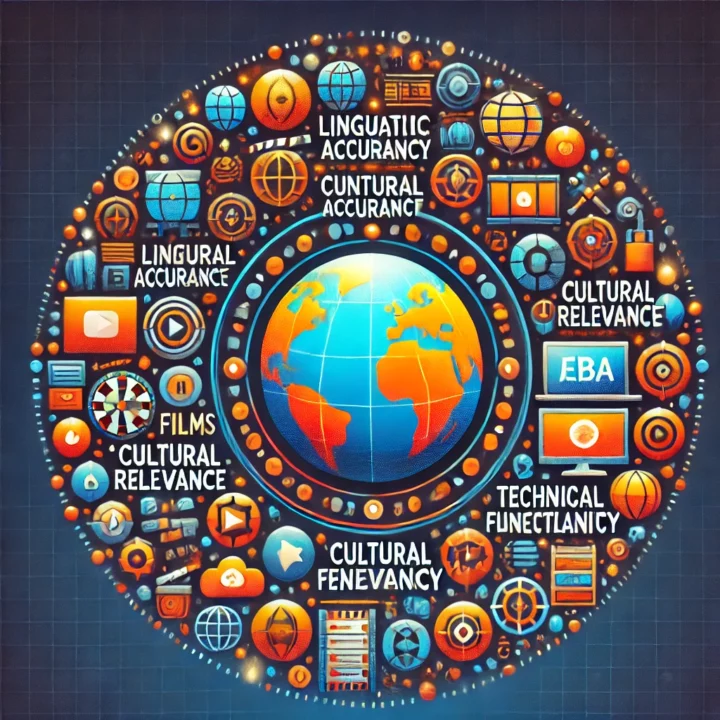
- Cultural Nuances: Adapting content for diverse regions demands deep cultural understanding.
- Cost Implications: High-quality localization can strain budgets, especially for independent studios.
- Limitations of AI: While efficient, AI tools sometimes fail to capture cultural and contextual subtleties.
Case Study: A globally released video game faced backlash due to mistranslated dialogues, highlighting the importance of rigorous LQA.
5. Innovative Tools for LQA
- AI-Powered Solutions: Tools like Dubformer automate dubbing and subtitling with high precision.
- Real-Time Analytics: Platforms such as Smartling provide real-time insights into localization accuracy.
- Collaboration Platforms: Vitrina.ai fosters seamless partnerships between buyers and vendors, optimizing LQA processes.
Simplify Localization QA Effortlessly!

6. How Vitrina.ai Transforms Localization Quality Assurance
- Market Insights: Provides detailed analytics on localization trends and market demands.
- Enhanced Collaboration: Connects localization vendors with buyers for streamlined workflows.
- AI-Driven Efficiency: Tools like Dubformer within Vitrina.ai’s ecosystem automate and refine quality checks.
Example: A leading OTT platform used Vitrina.ai to identify top localization partners, achieving 25% faster project completion.
7. Future Trends in Localization Quality Assurance
- Hybrid AI-Manual Models: Combining machine efficiency with human oversight for optimal results.
- Real-Time QA: Tools that enable on-the-fly quality checks are becoming industry staples.
- Expanding Content Types: AR, VR, and interactive experiences are driving demand for advanced LQA solutions.
Key-Takeaways
Localization Quality Assurance is no longer optional in the global entertainment landscape; it’s essential for ensuring audience satisfaction and brand credibility. By adhering to global standards, leveraging innovative tools like Dubformer, and utilizing platforms like Vitrina.ai, companies can streamline workflows and deliver top-tier localized content.
Frequently Asked Questions
LQA ensures translated content is accurate, culturally relevant, and functional for target audiences.
It ensures content resonates with global audiences, boosting engagement and minimizing reputational risks.
Vitrina.ai connects vendors with buyers, provides market insights, and enhances workflows with AI-powered tools.
Cultural adaptation, cost management, and balancing AI efficiency with human accuracy are key challenges.


